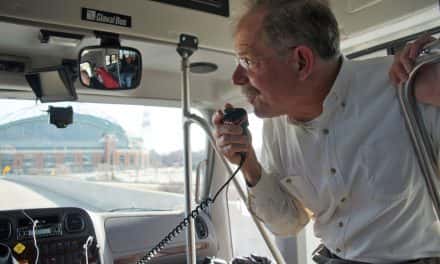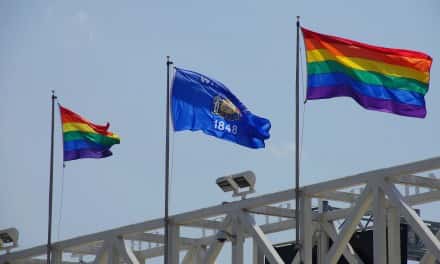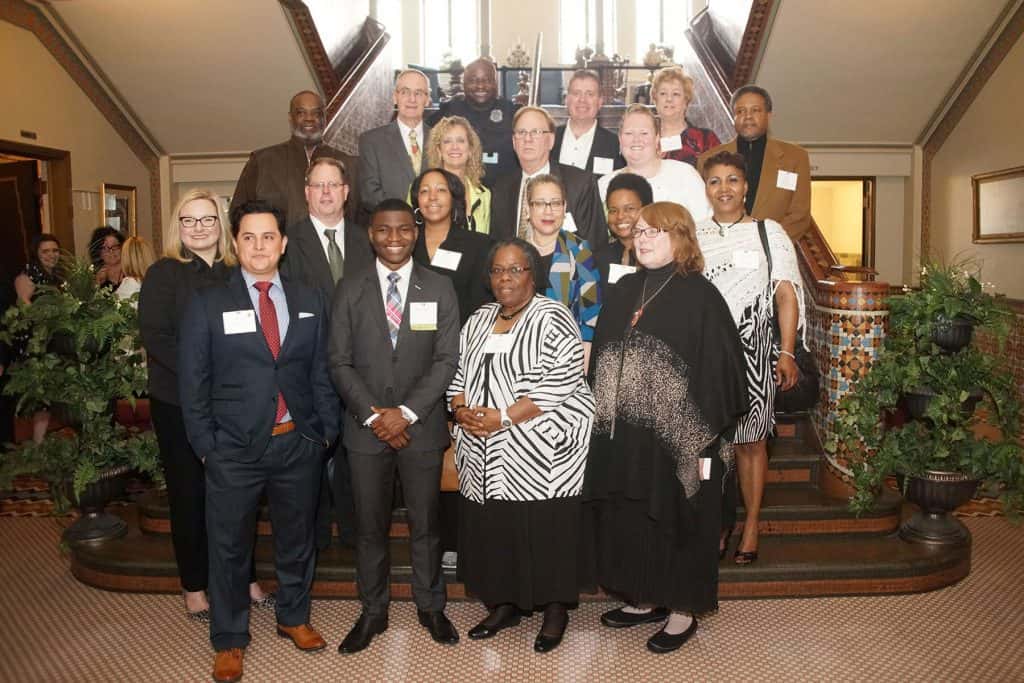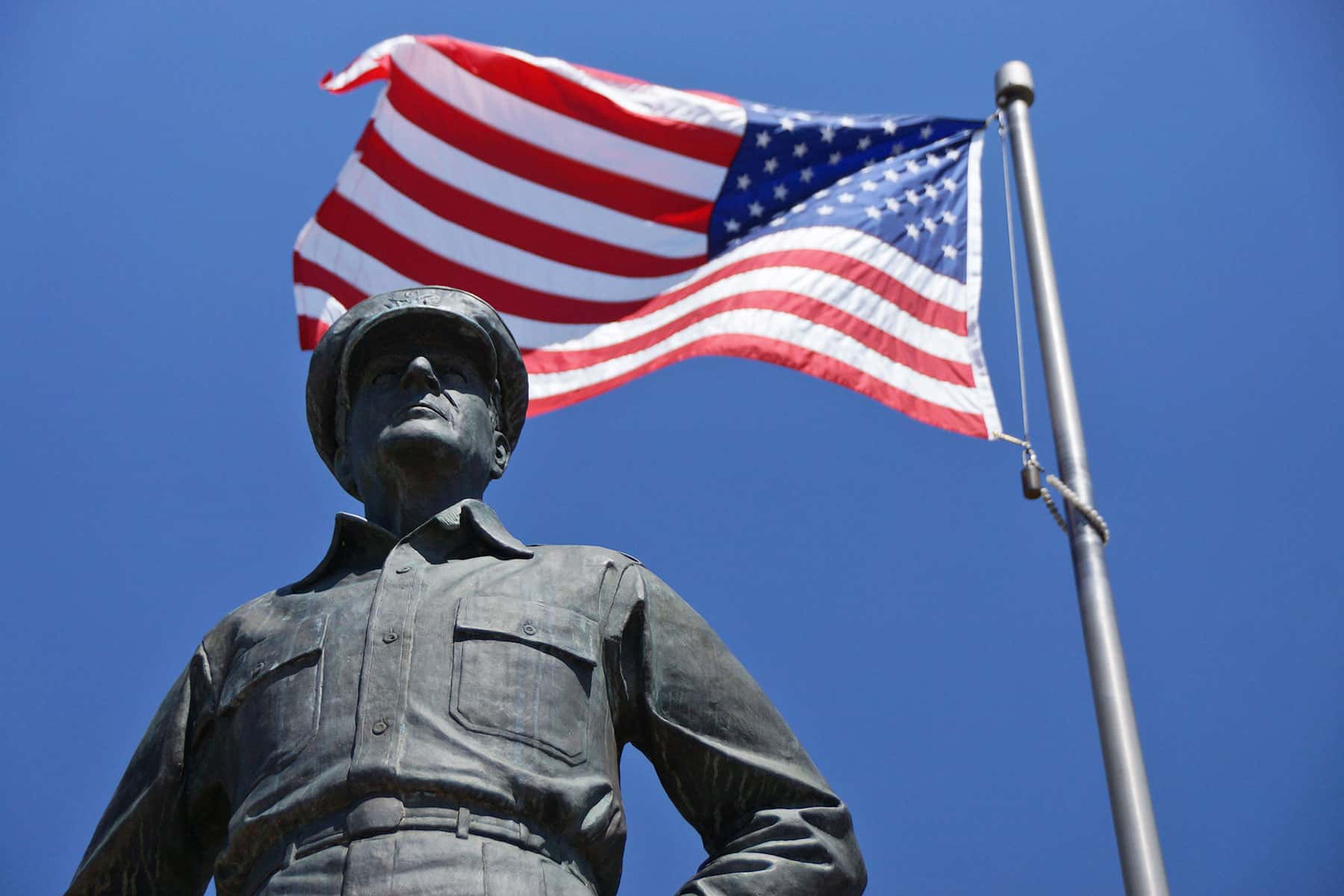
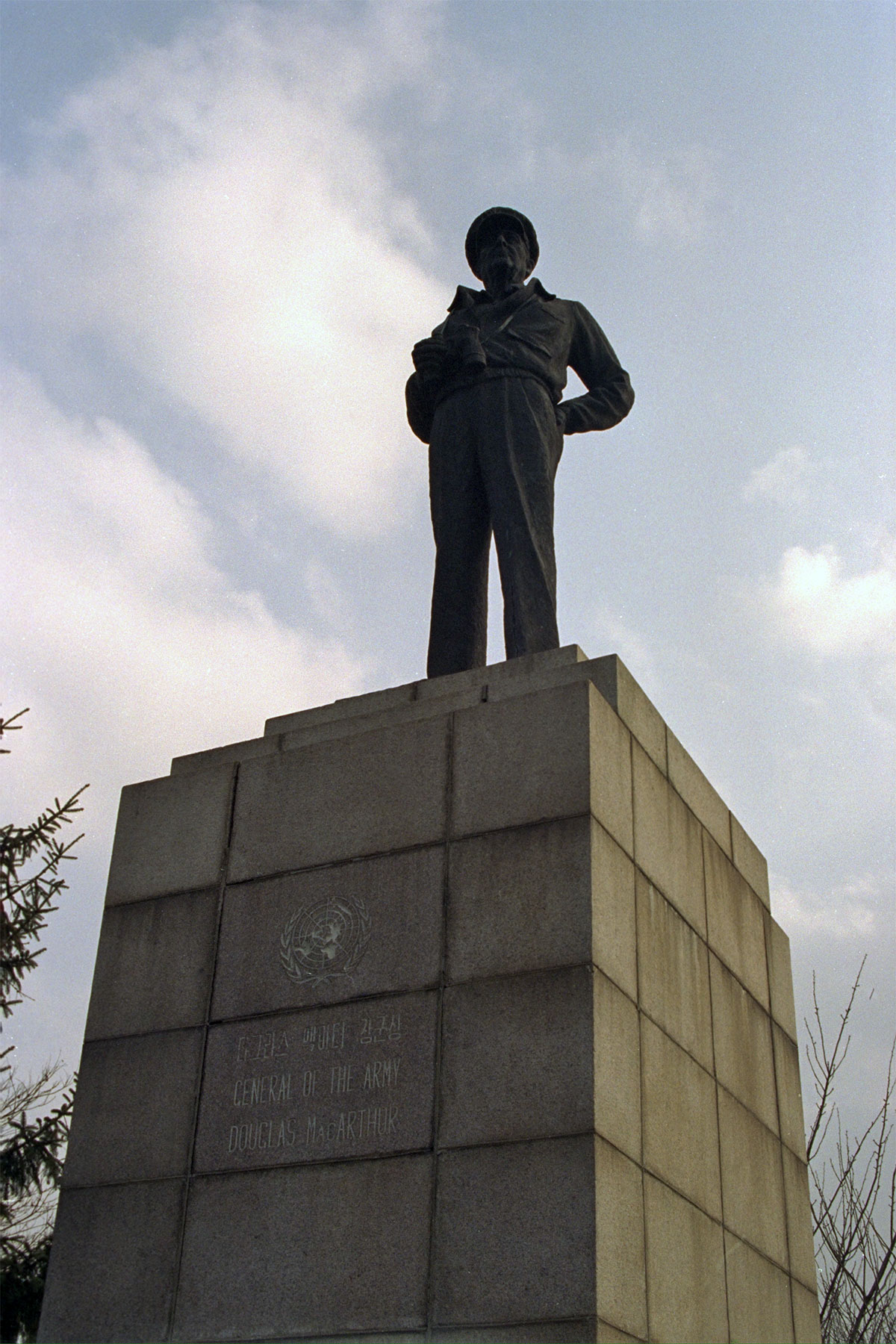
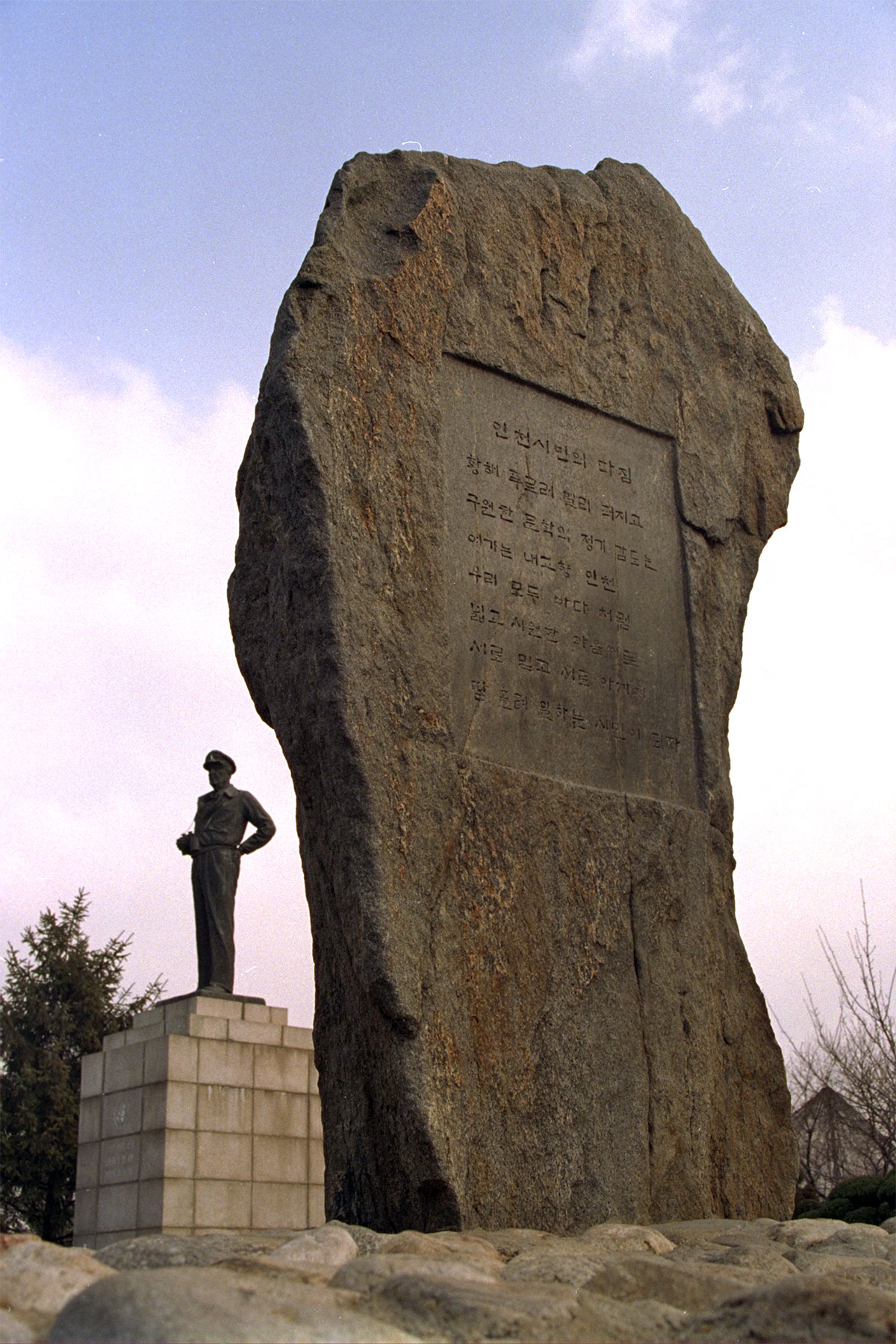
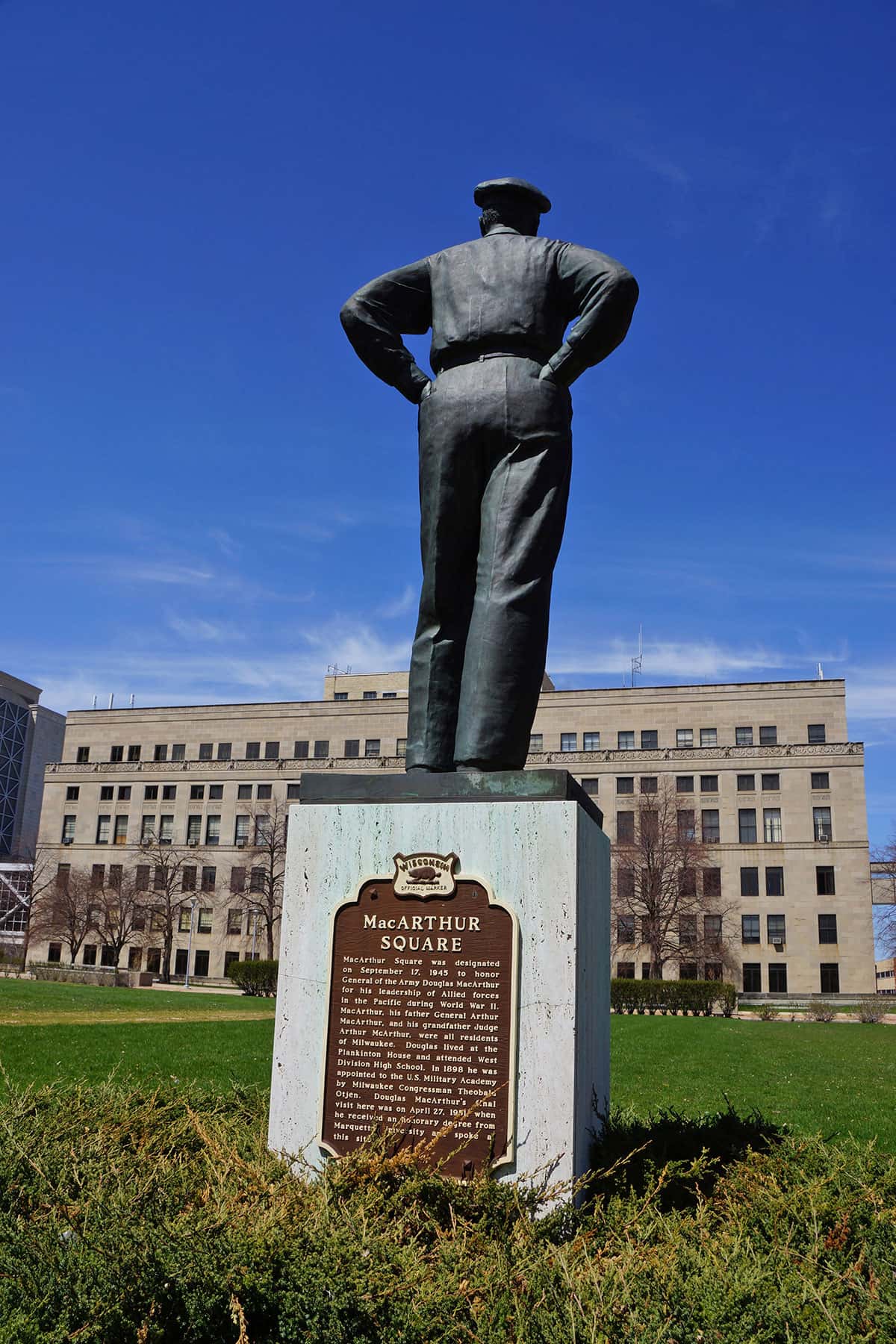
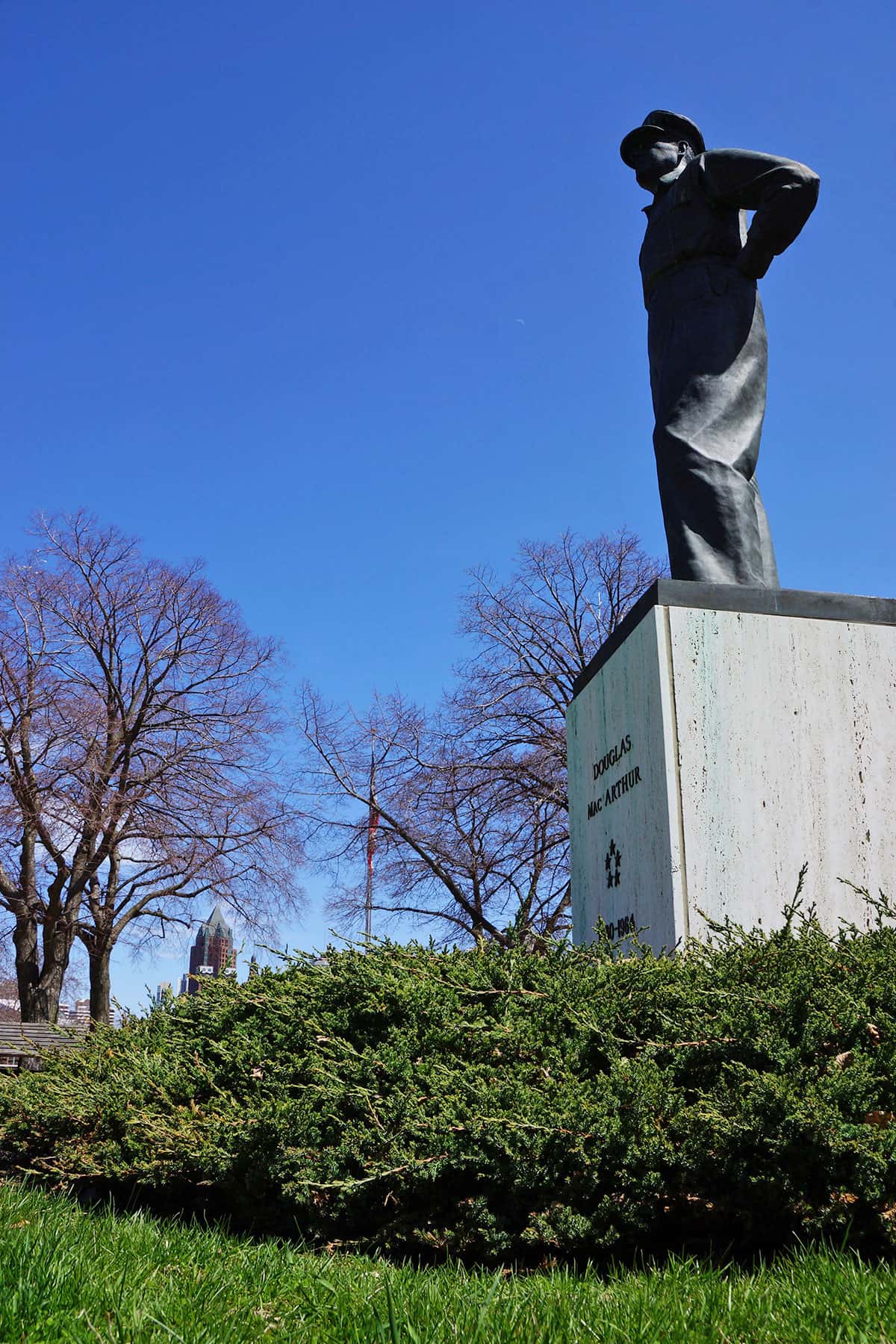
Almost 67 years have passed since the last American military commander considered using Atomic weapons on the Korean peninsula, Milwaukee’s own General Douglas MacArthur.
With the escalation of rhetoric between Trump and North Korea, specifically the use and retaliation potential of nuclear weapons, the perspective of General MacArthur remains just as relevant today.
“I shrink with a horror that I cannot express in words, at this continuous slaughter of men in Korea,” said General MacArthur in his testimony before the Senate Armed Services and Foreign Relations committees in 1951, on what he witnessed in Korea.
General MacArthur always considered Milwaukee to be his ancestral home, having graduated from West Division High School. His grandfather, Arthur MacArthur, Sr., was a prominent Milwaukee attorney and later a federal court judge. His father, Arthur MacArthur, Jr., was a decorated hero of the Civil War recruited from Milwaukee. The General was also briefly buried in Forest Home Cemetery before being moved to Arlington National Cemetery.
“I have never seen such devastation. I have seen as much blood and disaster as any living man and it just curdled my stomach,” added General MacArthur, about the conventional war being fought.
North Korea invaded South Korea on June 25, 1950, starting the Korean War. The United Nations, with the United States as the principal force, came to the aid of South Korea. China came to the aid of North Korea and the Soviet Union gave some assistance.
General Omar Bradley had raised the possibility of using nuclear weapons in Korea at a Joint Chiefs of Staff meeting on July 9, 1950, but there was no support for the idea.
On April 11, 1951, President Harry S. Truman relieved General MacArthur of his command at the height of the Korean War, which shocked Americans and astonished the world.
During MacArthur’s testimony before Congress on May 3, 1951, Senator Brien McMahon sought answers from the General over the need to use atomic weapons in Korea:
McMahon: Have you at any time advocated the use of the atomic bomb in your theater?
MacArthur: Of the atomic bomb?
McMahon: Yes.
MacArthur: The limit of what I did was to ask for information as to whether there were any plans to use the atomic bomb in the Far East.
McMahon: Did you recommend its use?
MacArthur: I did not. As I understand it, the use of the atomic bomb has, by fiat and order, been limited to the decision of the president of the United States.
Korea was ruled by Imperial Japan from 1910 until the closing days of World War II. In August 1945, the Soviet Union liberated Korea north of the 38th parallel, while forces from the United States moved into the south. As a product of the Cold War between the Soviet Union and the United States, Korea was split into two regions in 1948 with separate governments. Both claimed to be the legitimate government of all of Korea, and neither accepted the border as permanent. On June 25, 1950, open warfare began when North Korean forces, supported by the Soviet Union and China, moved into the south.
The fighting ended on July 27, 1953, when an armistice was signed. The agreement created the Korean Demilitarized Zone to separate North and South Korea, and allowed the return of prisoners. However, no peace treaty has been signed, and the two Koreas are technically still at war. An estimated 2.9 million people were left dead, wounded or missing.
“While I was not consulted prior to the President’s decision to intervene in support of the Republic of Korea, that decision from a military standpoint, proved a sound one, as we hurled back the invader and decimated his forces,” said General MacArthur after the war. “Our victory was complete, and our objectives within reach, when Red China intervened with numerically superior ground forces.”
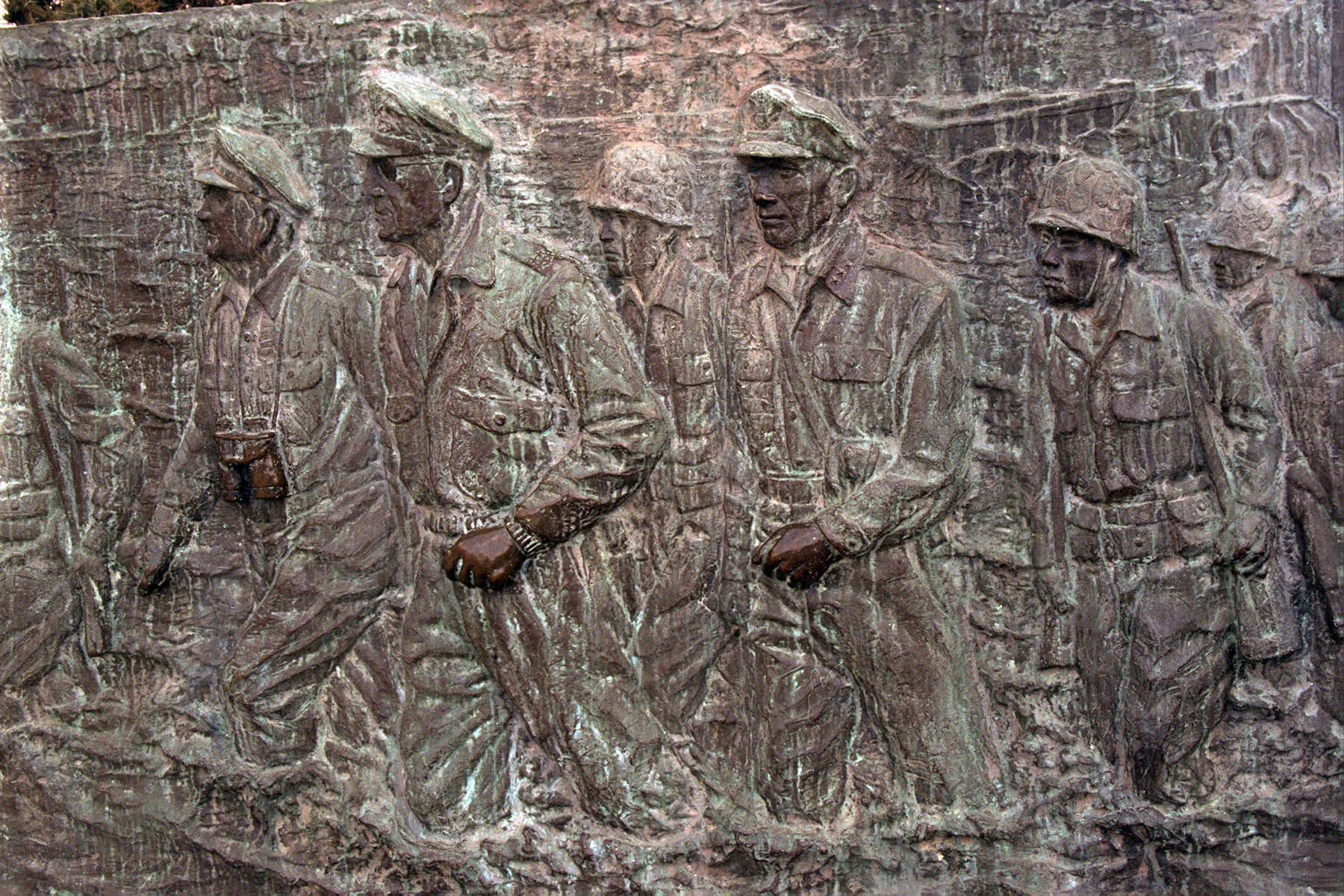
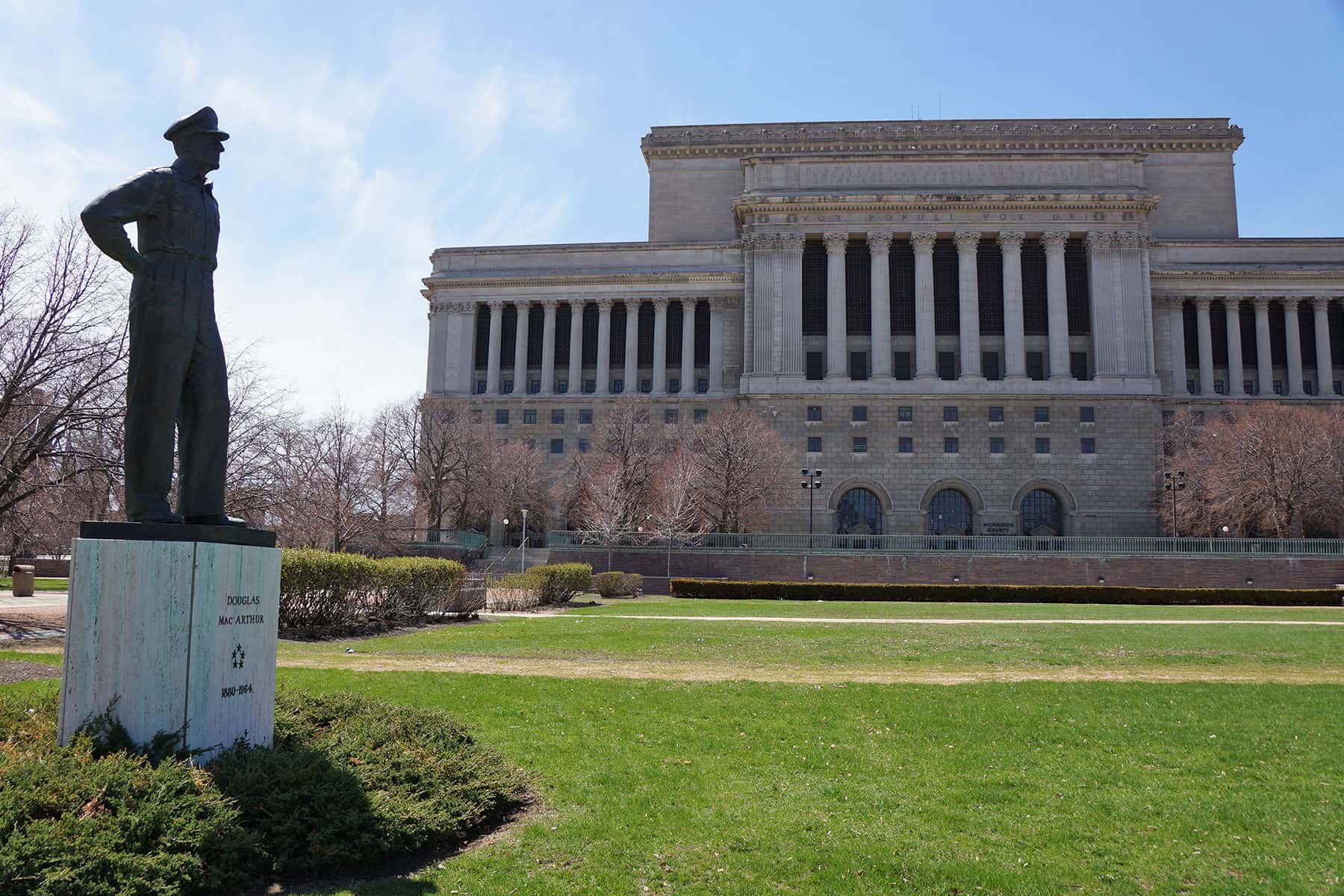
Lee Matz
Images of memorials to General Douglas MacArthur overlooking the port at Incheon, South Korea and its former location at MacArthur Square in Milwaukee, Wisconsin.


